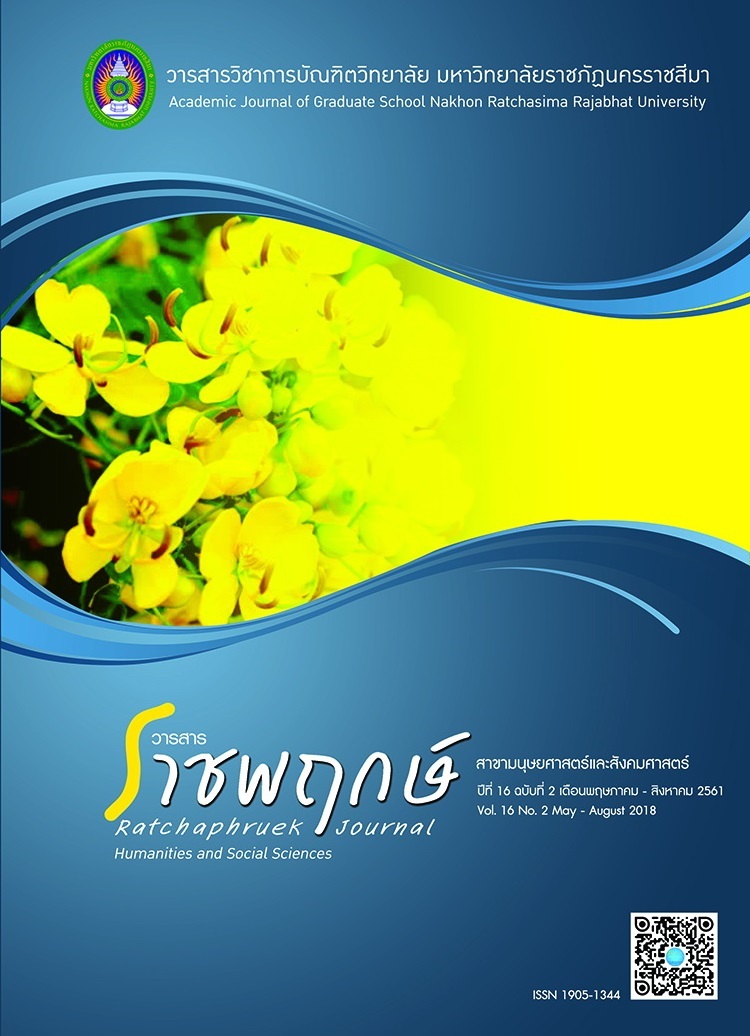A Causal Relationship Model of Factors in Information Technology Management and Communication of Basic Education School Directors on School Effectiveness
Main Article Content
Abstract
The objectives of this study were 1) to develop a causal relationship model of factors in information technology management and communication of basic education school directors on school effectiveness and 2) to assess the goodness-of-fit between the developed model and the empirical data. The study was conducted in 2 phases. The first phase was the building of research conceptual framework by an analysis of relevant documents and researches, an interview with experts and a study on distinctive schools in ICT. The second phase was the verification of research hypothesis. Data were collected by using a 5-level rating scale questionnaire. The sample group consisted of 417 school directors and teachers in schools under the Office of the Basic Education Commission. Data analysis was conducted to determine frequency, percentage, mean, standard deviation, Pearson's product moment correlation coefficient. LISREL software was also employed to analyze confirmatory factors and to assess the goodness-of-fit between the model and the empirical data.
The study yielded the following results:
1) The developed causal relationship model of factors in information technology management and communication of basic education school directors on school effectiveness comprised 5 components, namely ICT vision, technology leadership, ICT planning, ICT professional development and school effectiveness.
2) The developed model showed a goodness-of-fit with the empirical data.


